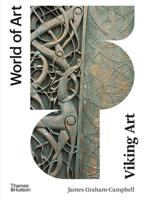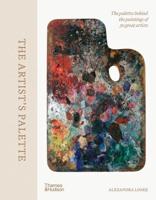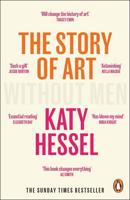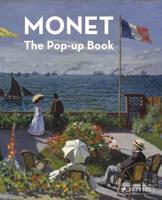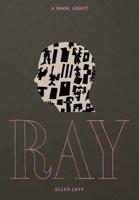Publisher's Synopsis
Dubbed "a mighty poet" by American author Henry James, Titian (1490-1576) remains one of the most celebrated painters in Western art. In the American Gilded Age, Titian paintings became the peerless prizes of leading collectors and quickly rose to the top of art collector Isabella Stewart Gardner's wish list. In 1896, she landed his masterpiece, The Rape of Europa. It became the sole example of his celebrated poesie cycle outside of Europe, inspired an entire gallery in her newly built museum, and contributed to England's national outcry over the loss of its art treasures. This book, a companion to the Titian: Women, Myth, and Power exhibition at the Isabella Stewart Gardner Museum, tells the painting's story in Gardner's time and in Titian's, offering rare insights into the artist's virtuoso technique. Published here for the first time, dramatically enlarged details of the composition demonstrate Titian's deft touch and dazzlingly technical accomplishment. These bravura passages recently revealed by the painting's comprehensive cleaning-the first since its arrival in America-are accompanied by commentary from the conservator, Gianfranco Pocobene, who returned Europa to its original glory.


